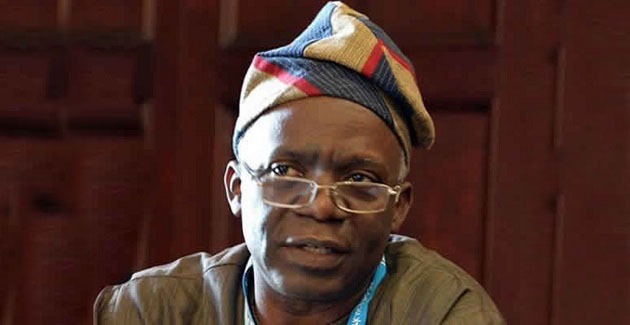News
OKADA BAN: Falana goes down memory lane, blames Buhari for Lagosians’ hardship

Human Rights lawyer, Mr. Femi Falana (SAN), on Sunday, said President Muhammadu Buhari should be blamed for the difficulties residents of Lagos are facing with the ban of commercial motorcycles and tricycles in the state.
According to Falana, the cancellation of the $200 million metro line contract signed in 1983 by the Lagos State Governor, Alhaji Lateef Jakande by President Buhari, while he was a military head of state was responsible for the current hardship.
“We had paid $200m and there was a penalty that if the contract was cancelled, Nigeria would pay colossally. We were dragged to arbitration, I don’t remember the figure now, but we were fined. So, metro line, we don’t have; money we have lost and inconvenience has continued since then.
Read also: NEF, a quasi-organisation with no credible membership – Presidency
“So, we also have a right, if we are organised in a civilised manner, to demand from the Abuja people, ‘You must pay back the cost of that metro line that you cancelled; so that we can restore it”, Falana said.
The Lagos lawyer, who spoke at the 14th memorial lecture in honour of late Dr. Beko Ransom-Kuti, also declared that Nigerian hospitals had fallen into very bad shape under President Buhari.
Going down memory lane, Falana said Dr. Ransom-Kuti was arrested and locked up for six months in 1984 by Buhari because he demanded for improved healthcare for Nigerians.
Join the conversation
Support Ripples Nigeria, hold up solutions journalism
Balanced, fearless journalism driven by data comes at huge financial costs.
As a media platform, we hold leadership accountable and will not trade the right to press freedom and free speech for a piece of cake.
If you like what we do, and are ready to uphold solutions journalism, kindly donate to the Ripples Nigeria cause.
Your support would help to ensure that citizens and institutions continue to have free access to credible and reliable information for societal development.






















